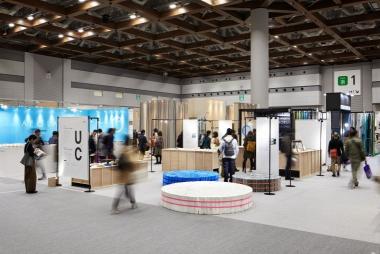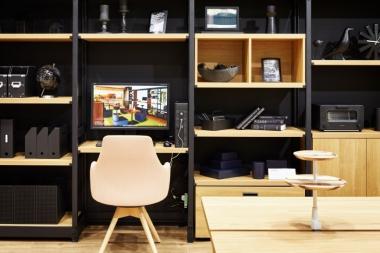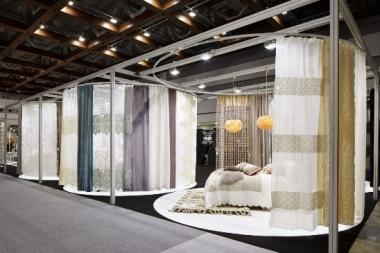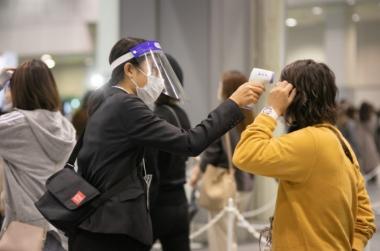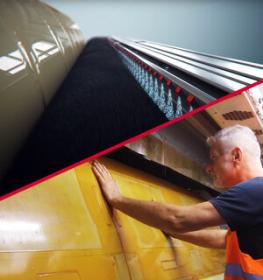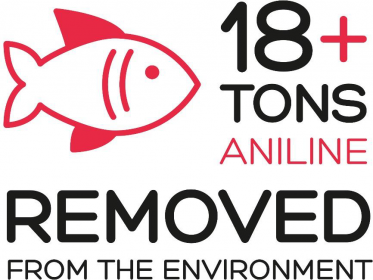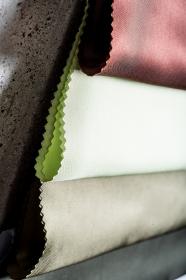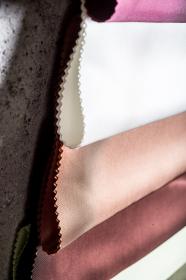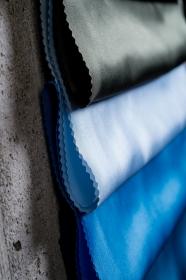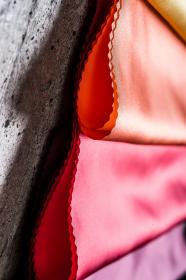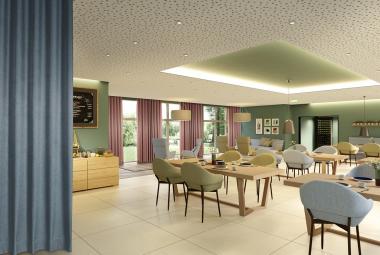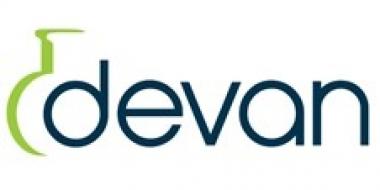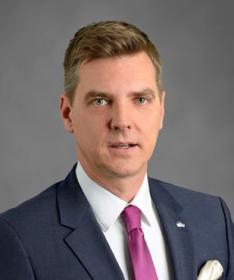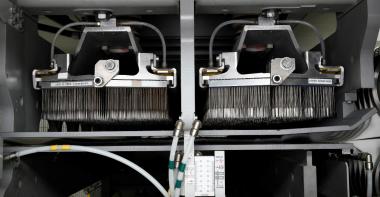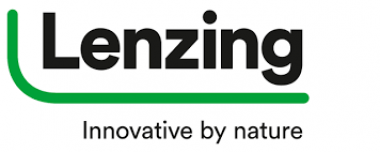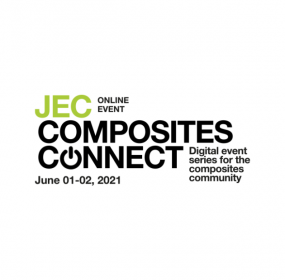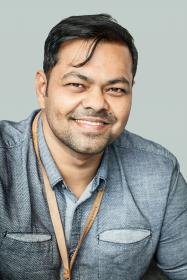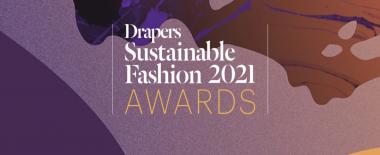IFFT/Interior Lifestyle Living set for a highly anticipated return in October 2021
The dates are set: IFFT/Interior Lifestyle Living is welcoming exhibitor registration for its 2021 edition, to be held from 18 – 20 October 2021 in the South Halls of Tokyo Big Sight. The dedicated fair for interior design is once again set to attract not only retail buyers but also visitors from design and architecture offices, commercial facilities, and other contract businesses. The 2019 edition welcomed 352 exhibitors from 14 countries and regions as well as 16,016 visitors from 34 countries and regions, receiving much positive feedback for its increased focus on contract business.
IFFT/Interior Lifestyle Living 2019
Returning after a hiatus in 2020 due to the COVID-19 pandemic, IFFT/Interior Lifestyle Living will once again create opportunities for exhibitors to meet new clients and expand their businesses. Messe Frankfurt Japan Ltd is working to put all of the appropriate safety and hygiene measures in place to protect participants during the fair period, and prevent the spread of COVID-19.
New ETHICAL zone added to satisfy consumer demand
A newly introduced ETHICAL zone will help industry players explore the themes of sustainability and ecology, which are continuing to gain traction in the interior design market. The zone focuses on environmental protection, up-cycling, fair trade, products that support people with disabilities, organic products, local production for local consumption, and more. Furniture production from recycled forest materials will also be a focus of the zone, which will be promoted in the run up to the fair through sector-specific media channels. This will include dedicated promotional activities targeting ethically driven retailers and restaurants.
A variety of booth sizes to accommodate exhibitors’ needs
In response to requests from exhibitors who showcase smaller items, a new booth size has been added for 2021. Measuring 6.3 sqm (width 3m x depth 2.1m), the new booth option is one size smaller than the existing 9 sqm booth, adding more choice for exhibitors
Dedicated lifestyle themed zones
Proving popular amongst trade buyers during previous editions, ‘CREATIVE RESOURCE’ is a zone devoted to innovative interior materials, as well as parts and services for interior design and home remodelling. Products featured at the zone include wallpaper, floor coverings, paints and related materials. First introduced in 2012, the zone has grown in stature as the destination for the likes of manufacturers, architects, designers and developers to find inspiration.
The fair’s zoning encompasses a variety of different product categories and themes. This not only simplifies the sourcing process for trade buyers, but it also maximises business exposure for exhibitors. Day-to-day lifestyle products – both stylish and functional – will be displayed in the ‘HOME’, ‘ACCENT’ and ‘EVERYDAY’ zones with a focus on living spaces, accessories and household items respectively.
Moreover, catering to the world of convenience and home cuisine, an array of pragmatically-designed packaged food will be presented at 'FOODIST', while innovative dining items will be gathered at the ‘KITCHEN LIFE’ zone.
Highlighting high quality local craftsmanship, designs from Japanese artisanal artists with a modern touch will be located in the ‘JAPAN STYLE’ zone. The latest designs from highly acclaimed international brands will be displayed too, in the ‘MOVEMENT’ area, while work from up-and-coming young designers will appear at the ‘TALENTS’ and ‘NEXT’ zones.
About IFFT/Interior Lifestyle Living
IFFT/Interior Lifestyle Living is held annually in fall and is the sister fair of Interior Lifestyle Tokyo held in spring, which is based on Ambiente, Messe Frankfurt’s largest and most important international consumer goods fair, and Heimtextil, the biggest international home and contract textiles fair. With the synergetic effects of these leading global trade fairs in the high-end interior market, and with Messe Frankfurt’s global network, IFFT/Interior Lifestyle Living is a key platform for professionals, buyers, architects and those engaged in domestic and international contract business.
Messe Frankfurt


